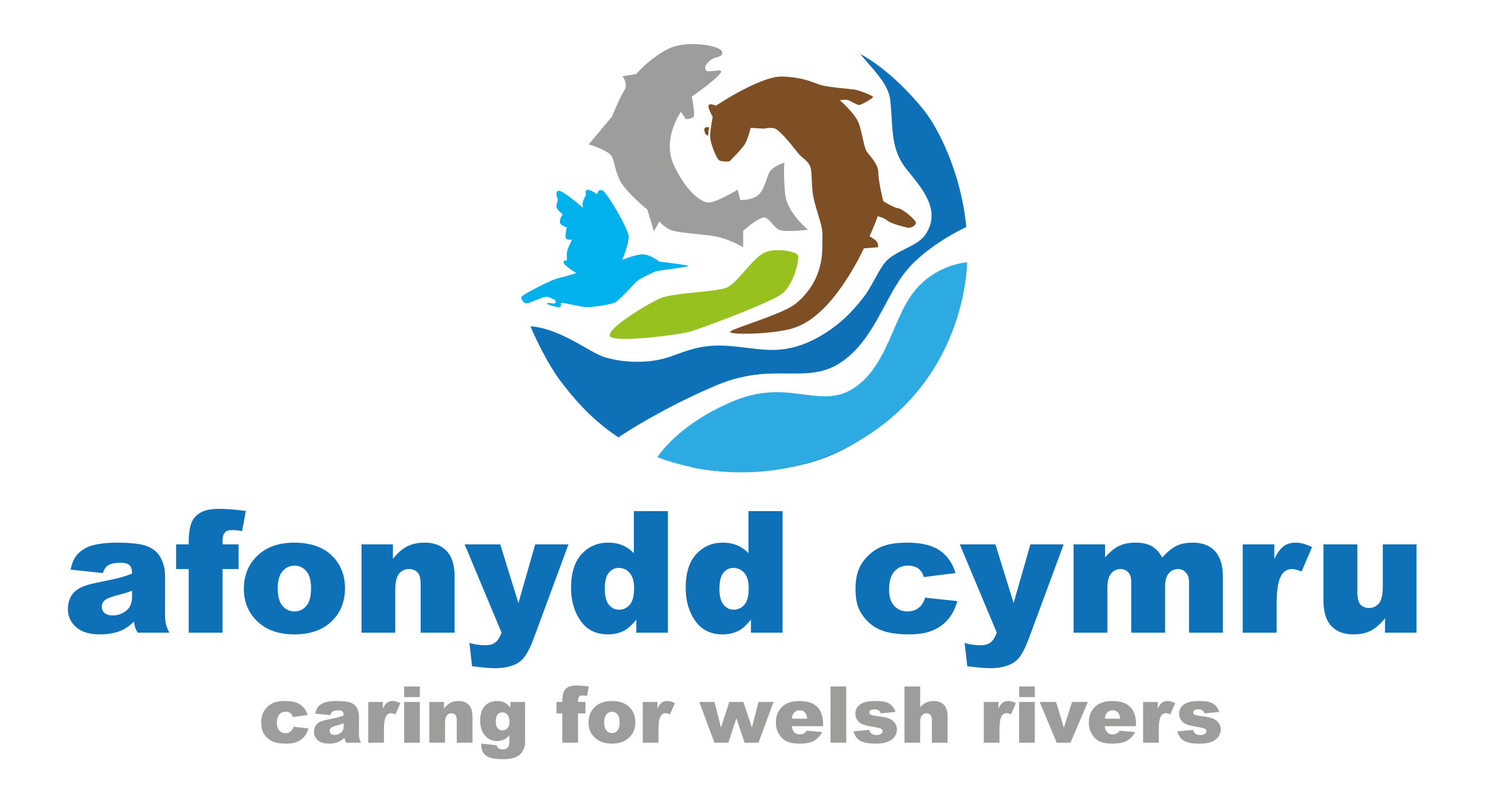
Wales has its own environmental laws and policy, something that is often overlooked. This review presents a chance to hone these rather than follow the path of England, where the main drivers for water management appear to be becoming less about environment and ecology and more about economic growth, human health and recreation.

Any changes to the frameworks that manage the water sector in Wales need to focus on resolve impacts to rivers from sectors other than the water industry just as urgently, especially agriculture.

It must be remembered that if the creation of Natural Resources Wales is anything to go by, a merger of the regulators would be time consuming and expensive, and it would not guarantee a positive outcome.
Thursday 24th April, 2025
The joint Independent Water Commission’s latest call for evidence into the water sector in England and Wales came to a close yesterday. The commission’s objective, led by Sir John Cunliffe, is to investigate and to make recommendations on how the system can meet future challenges and restore public trust.
While the commission focuses on that Herculean task, the process presents Wales with a chance to advocate that it should manage its water environment in a different way to both the past and to how it is managed in England. It could be the time for Wales to re-set and take a simplified, regulation-focused approach.
Wales has separate environmental legislation and policy of course, something that is often overlooked and misunderstood even by some water regulators.
And with new legislation in the pipeline (Environmental Principles, Governance and Biodiversity Targets), Wales has an opportunity to further hone its laws rather than follow the path of England, where the main drivers for water management appear to be becoming less about ecology and more about economic growth, human health and recreation.
Wales has separate environmental legislation and policy, something that is often overlooked and misunderstood, even by water regulators.
Changes to existing frameworks
The call for evidence asks for views about changes to the legislative and regulatory frameworks that currently exist. Certainly, Welsh rivers would benefit from a simplification of these frameworks.
But while Welsh Government needs to retain over-riding strategic direction, there is also a case for the creation of a clear, consistent catchment management model for Wales that has the flexibility to meet specific needs of each river system and manage cross border rivers effectively. Also, any changes to these frameworks needs to resolve impacts from sectors other than the water industry just as urgently, especially agriculture.
The future of the Water Framework Directive
The future of the Water Framework Directive (WFD) is also one of the areas covered in the consultation. Good intentioned as this European Union legislation was, sadly it has delivered neither the intended outcomes nor sufficient in-depth understanding of the problems facing rivers.
The Directive needs to be reviewed and either significantly reformed or replaced with a more outcome-focused process. Whatever comes next must not lack ambition, however. The potential watering of down of targets is why many are nervous about any changes to the WFD.
Sadly, the Water Framework Directive has delivered neither the intended outcomes nor sufficient in-depth understanding of the problems facing rivers.
Changes to the regulators
There have been calls to merge regulatory bodies to simplify processes, ensure no overlap or conflict between their duties and improve overall effectiveness. Currently, it can be argued that Ofwat fails to fully accommodate the requirements of Welsh-specific legislation, particularly the Five Ways of Working under the Well-being and Future Generations Act.
And regulatory responsibilities between Natural Resources Wales and Ofwat have become confused. Ofwat have come to us numerous times with questions about data, monitoring, compliance and performance, all areas which could easily be argued sit with Natural Resources Wales.
Meanwhile, Natural Resources Wales no longer has the capacity to perform all its statutory functions. It has drifted away from regulation and enforcement towards delivery, which could be carried out far more effectively and efficiently by the third sector.
However, if the creation of Natural Resources Wales is anything to go by, a merger with Ofwat would be a time consuming, expensive business that by no means guarantees a positive outcome. Rivers in Wales need urgent, effective action now, not more consultations, deliberation and delay.
If the creation of Natural Resources Wales is anything to go by, a merger of the regulators would be a time consuming and expensive business that by no means guarantees a better outcome.
So is a big shake up required? The legislative and regulatory framework needed to improve rivers already exists in Wales. Certainly, some improvements to the system could be made particularly in areas such as catchment management.
But what is really required are regulators with clearly defined roles and responsibilities for which they are effectively held to account, that understand Welsh policy and legislation and, in the case of NRW, are solely focused on regulation and enforcement of environmental laws.
Until that happens, any restructuring of the water sector to improve rivers and restore public faith will be largely futile.
